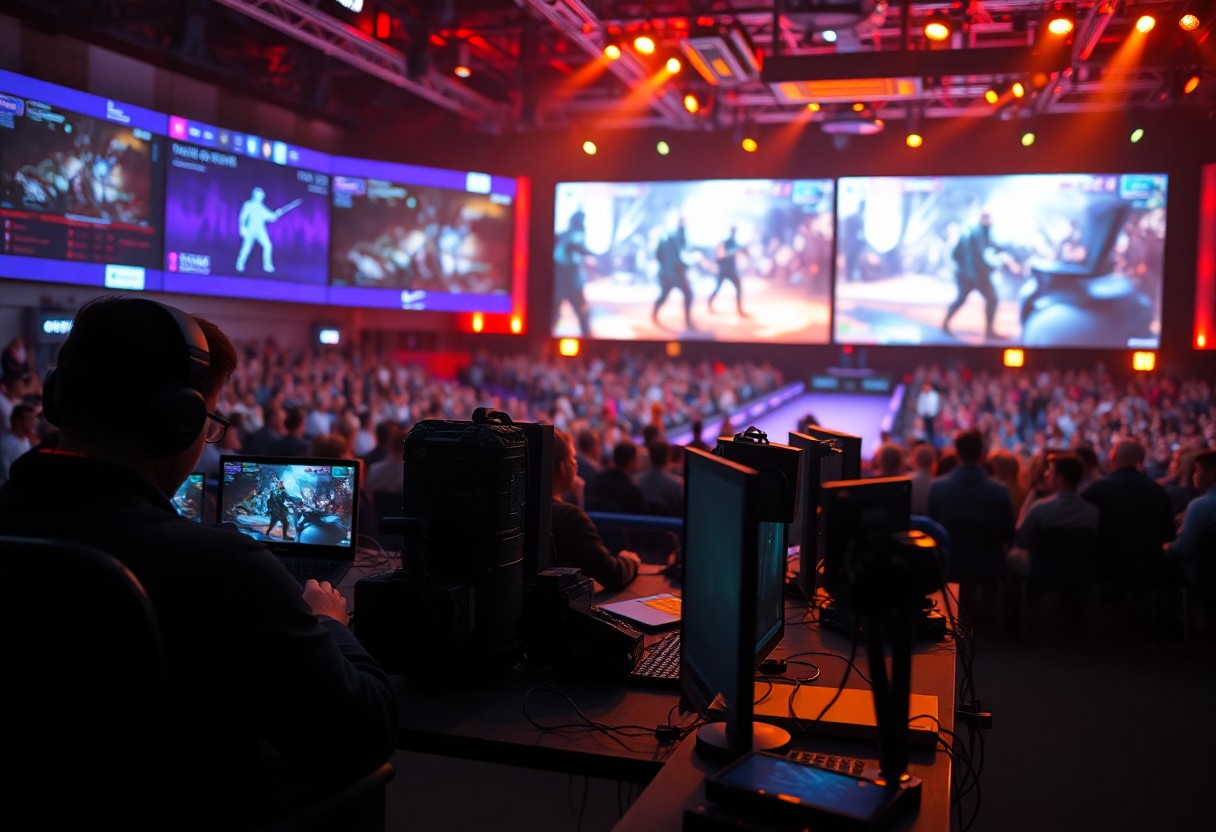With the ever-evolving landscape of esports, one of the standout features that has garnered attention is the demo system utilized in Counter-Strike: Global Offensive (CS:GO). This robust feature not only enhances the gameplay experience for players and spectators alike but also serves as a foundational model for other esports titles seeking to improve their own systems for recording and reviewing matches.
The CS:GO demo system is designed to allow players and analysts to record matches, including every action taken by players within the game. This functionality enables users to revisit gameplay from various perspectives, providing critical insights into strategies and player decisions in real-time. Each demo file captures player movements, actions, and the overall dynamics of a match, helping both professional players and amateurs hone their skills through analysis.
One of the standout aspects of the CS:GO demo system is its ease of use. Players can simply type commands into the game console to record their matches, without needing extensive third-party software. This accessibility encourages more players to engage in reviewing their gameplay, leading to a culture of self-improvement within the community. Additionally, the system allows for features such as slowing down time or switching viewpoints, which can be vital for analyzing strategic plays or mistakes.
A significant advantage of the demo system is its application in competitive settings. Analysts and casters regularly utilize demos to dissect matches and provide commentary that highlights player performances and team strategies. This functionality allows for richer storytelling during broadcasts, enhancing the viewer’s understanding of the game. By dissecting pivotal moments and showcasing them through replays or highlights drawn from demos, esports becomes more engaging and educational for audiences unfamiliar with the intricacies of competitive play.
Furthermore, the CS:GO demo system also promotes transparency in competitive integrity. By providing a straightforward method for reviewing past matches, teams can be held accountable for their performance. Spectators and teams alike can analyze gameplay for issues such as cheating or misconduct. This transparency is vital in building trust within the community, ensuring that competitions remain fair and reputable.
As other esports titles strive to develop their own systems to capture gameplay, many can look to CS:GO as an example of what works. Drawing from Counter-Strike’s demo model, games that lack comprehensive replay capabilities can innovate and adapt similar features to enhance their competitive scenes. By focusing on accessibility, user-friendly controls, and promoting a culture of analysis, developers can create environments that foster growth and engagement.
In the long run, the CS:GO demo system stands not only as an integral tool for players and analysts but also as a benchmark for other esports titles aiming to improve their infrastructure. As the competitive gaming arena continues to grow, adopting and adapting systems that significantly enhance viewer engagement, player improvement, and competitive integrity will be imperative for the future of esports.





